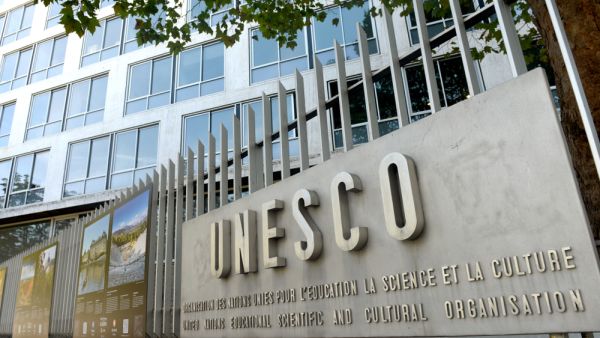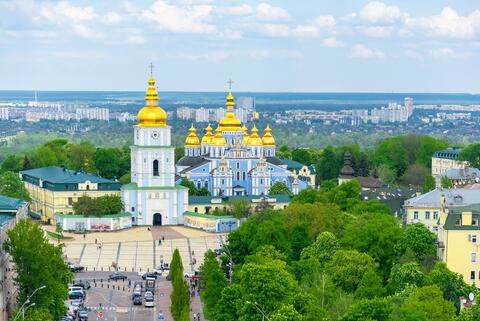From 28 to 30 September, UNESCO will convene the MONDIACULT 2022, a conference, which will bring together nearly 160 ministers of culture and thousands of professionals in Mexico City. Together they will establish a global roadmap for cultural policies that will lead to the adoption of a decisive Joint Declaration at the end of the debates.
Forty years after MONDIACULT 1982, UNESCO is bringing together representatives of its 193 Member States to draw a global roadmap for cultural policies. The event will be opened on Wednesday 28 September by Audrey Azoulay, Director-General of UNESCO, and Andrés Manuel Lopez Obrador, President of the United Mexican States. Over three days, 1,500 participants, including 157 ministers of culture, 83 NGOS, 32 intergovernmental organizations and 9 UN agencies will take part in the debates.
ICA to hold side-event at UNESCO Mondiacult 2022 - The Cooperator News https://t.co/89FP9AKdiH@icacoop @ICA_AFRICA1 @icaap_youth @CoopsEurope
— theCooperator News (@CooperatorNews) September 23, 2022
Important multilateral negotiations have been taking place over a year under the aegis of UNESCO with a view to the adoption by the ministers of a joint declaration that will address all aspects of cultural policies in the light of contemporary challenges.
The Declaration will not only define the values but also the common priorities of the international community for culture. It is expected to give official recognition to culture as a "global public good." UNESCO Member States are also slated to commit to a common body of cultural rights and the text of the Declaration should lead to advances in key areas such as the fight against illicit trafficking in cultural goods and the regulation of digital platforms.
Issues such as the status of the artist, freedom of expression, sustainable cultural tourism and the restitution of cultural goods will also be at the heart of the debate.
The adoption of the Declaration will take place on Friday 30 September.
On the occasion of the Conference, UNESCO will also unveil the Culture 2030 benchmark of 22 indicators concerning four thematic areas, making it possible to measure the societal contribution of culture to environmental protection, education, gender equality, and economic growth.
This article has been adapted from its original source.










